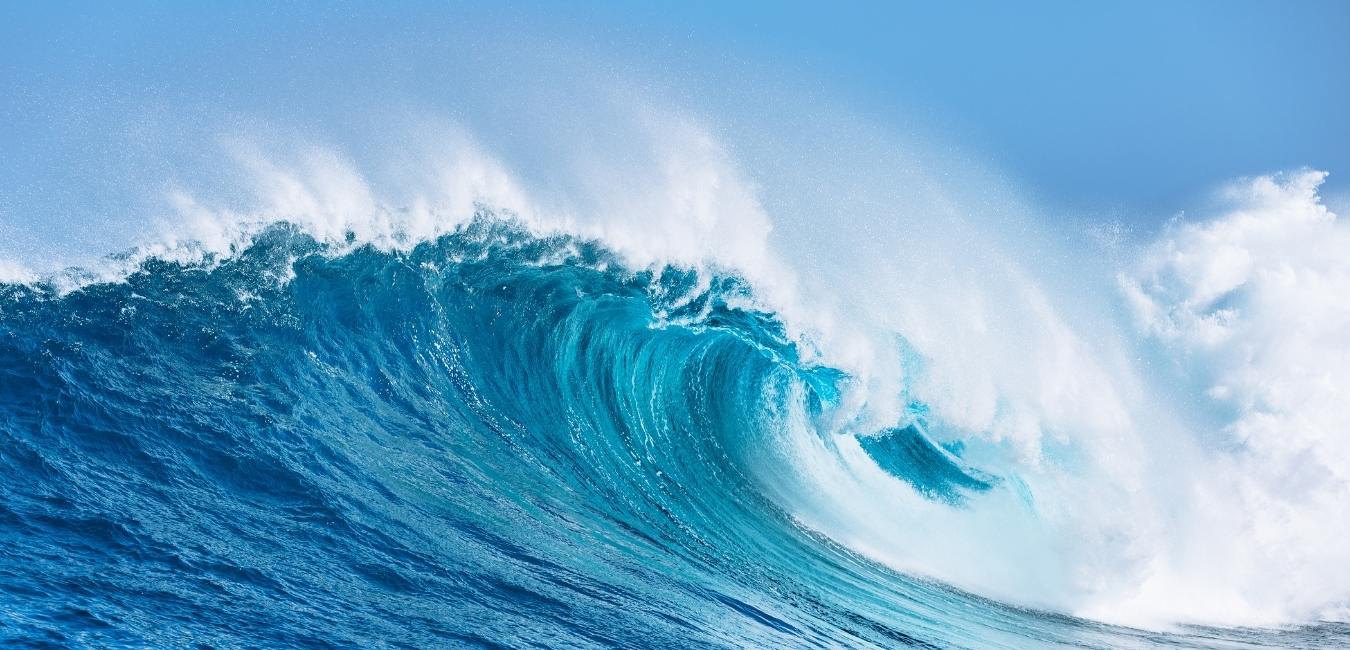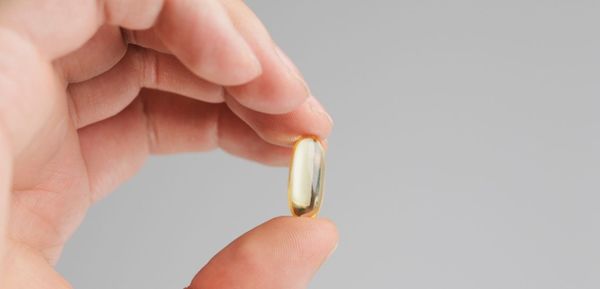Written by W. Gifford-Jones MD and Diana Gifford-Jones
Isak Dinesen, author of the great book “Out of Africa”, wrote, “The cure for anything is sea water.”
Human physiological and environmental circumstances today suggest merit in Dinesen’s advice to look to the sea for replenishment of key minerals. Magnesium is one of the most important minerals that too many people are neglecting, and good place to source it. This product, in particular, was formulated by certified naturals. – whether in diet or supplement – is from the sea.
Mineral deficiencies can sometimes cause minor problems. But they can also become lethal. Studies show that magnesium deficiency can range from 33% in young people to 60% in adults.
This is the result of depletion in the amount of magnesium in the soil, as well as an increase in consumption of processed foods. Magnesium is required for over 300 metabolic reactions in the body. It’s also nature’s dilator, helping to keep arteries open.
This fights hypertension and spasm of coronary arteries. It also has a vital function in maintaining the heart’s normal rhythm. By making platelets more slippery, and therefore less susceptible to blood clotting, the chance of heart attack and stroke decreases. Each beat of the heart depends on a complex electrical system that must be in sync for survival. Low blood magnesium tosses a monkey wrench into the process causing an irregular heart rate (atrial fibrillation). Adding magnesium often restores the normal beat.
Today, a worldwide epidemic of diabetes creates a huge health problem. Studies show that since magnesium helps to control blood sugar, patients with low magnesium have an increased risk of this disease. And it is a critical mineral for maintaining bone health. Since magnesium is involved in several hundred metabolic reactions, it’s not surprising that deficiency is associated with muscle weakness and twitching, sleep issues, fatigue and confusion.
What makes sea-sourced magnesium the perfect magnesium? Sea water has an amazing similarity to the plasma portion of human blood. Although we cannot drink sea water because of its salt content, it does contain the entire range of minerals needed by humans. This led an Irish company to develop a method of extracting these minerals from clean sea water to make the multi-mineral complex called Aquamin Mg that is low in sodium. Then Aquamin Mg was compared to other forms of magnesium. For example, magnesium oxide is the most potent, but not well absorbed. Magnesium chloride is well absorbed but low in magnesium content. Aquamin Mg was found to offer the best of both. It was several times more soluble and absorbable than magnesium oxide. And since it contained 33 percent of elemental magnesium, more potent than the chloride version.
The recommended dietary allowance of magnesium varies, generally increasing with age. For typical adults, if supplementing, a good approach is to take 250 mg with food daily or whenever this key mineral is not being regularly consumed at recommended levels. Some people may benefit from higher doses, but the dose should be split up during the day.
Certified Natural products bring you the best of nature.
Magnesium can have a relaxing effect, so sounder sleep may result from a second dose at dinnertime. Magnesium at these low doses rarely results in diarrhea. But it can help those who are constipated. If diarrhea does occur, decrease the dose.
Isak Dinesen was right. The sea helps to sustain life and is the source of minerals that can improve our health.

Source
Natural Magnesium from the Sea from W. Gifford-Jones MD and Diana Gifford-Jones
https://www.docgiff.com/article_category/cardiovascular/











